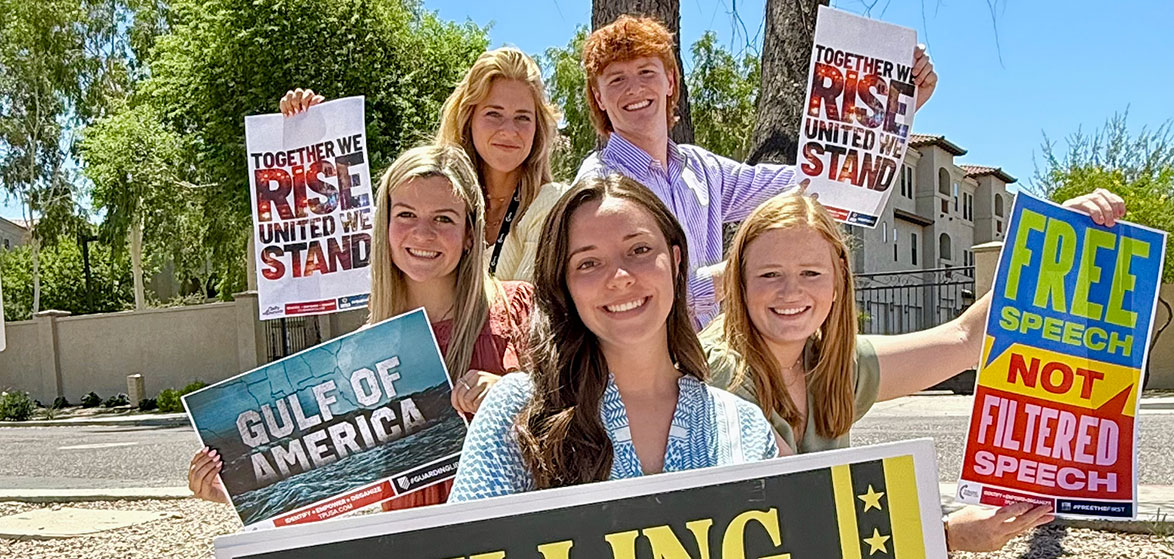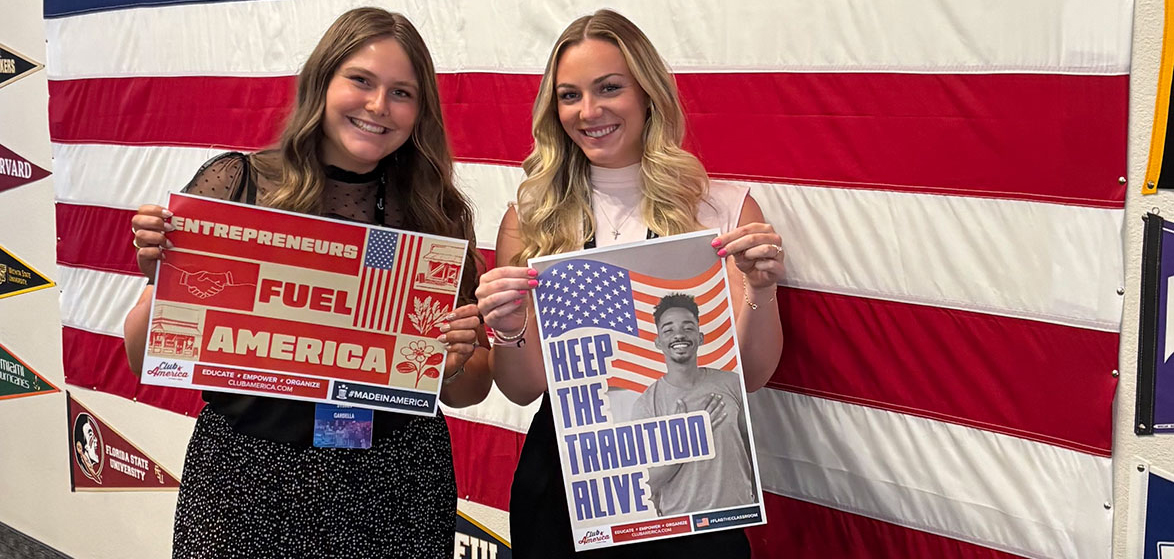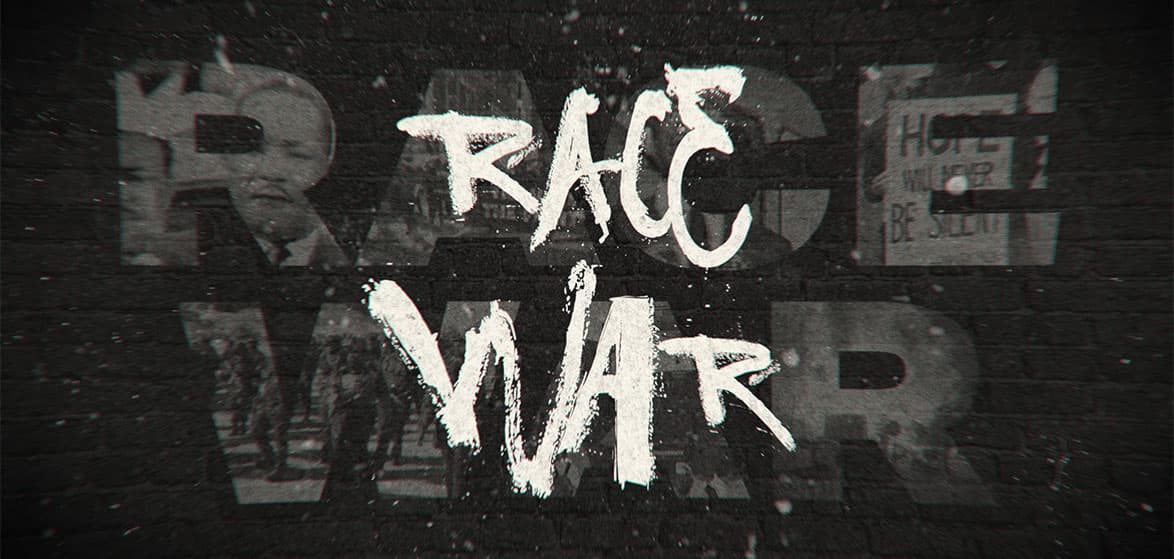
The University of Michigan has come under scrutiny for spending approximately $100,000 on an event as part of its new “DEI 2.0” plan, which included an espresso bar, a hip-hop performance, and a lecture on “Critical Race Theory and Hip-Hop.” The event, held last October, was intended to promote the university’s ongoing commitment to diversity, equity, and inclusion (DEI).
According to documents obtained by The College Fix, the university hosted a DEI summit titled “Truth Telling: The Kinship of Critical Race Theory and Hip-Hop.” The event served as both an open house and a celebration for the launch of the DEI 2.0 plan, which aims to build on the lessons learned from the previous DEI 1.0 initiative. It was organized by the university’s Office of Diversity, Equity, and Inclusion
The documents revealed that the university’s expenditures for the one-day event included a performance by hip-hop artist Rapsody, a cotton candy machine, and an espresso cart. In addition, $25,000 was spent on bringing hip-hop artist David Banner to deliver a 10-minute lecture and participate in a 45-minute panel discussion on the relationship between critical race theory and hip-hop.
University spokesperson Colleen Mastony defended the expenditures, stating, “Diversity, equity and inclusion are core values at the University of Michigan.” She emphasized the broad scope and scale of the university’s DEI efforts, which span 51 units and serve over 50,000 students and more than 50,000 employees.
“The university’s DEI efforts are far-reaching in ways appropriate to the size, scope, and complexity of our university – spanning across 51 units of the university and serving functions that support our over 50,000 students and over 50,000 employees.”
However, not everyone agrees with the use of university funds for such events. Adam Andrzejewski, CEO of the watchdog organization OpenTheBooks.com, criticized the spending of taxpayer dollars on DEI initiatives.
“Not a single taxpayer dollar should fund or promote DEI at a public university,” Andrzejewski told The College Fix. “Equity, meaning equal outcomes where merit is considered racist and judgments are based on skin color, is the opposite of equal opportunity.”














